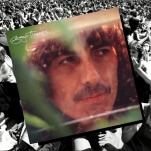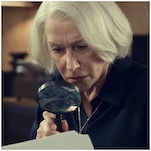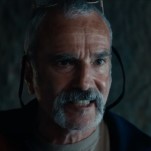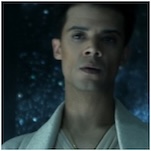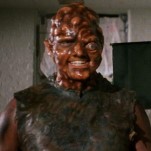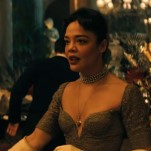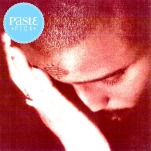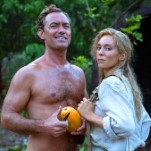AMC’s Subversively Funny Dietland Deserves a Chance, Despite Its Flaws
Photo: AMC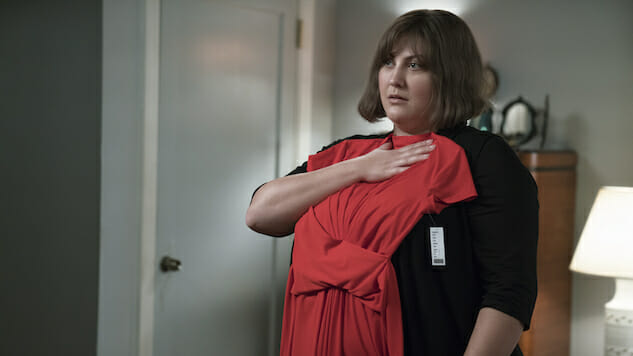
Years ago, I was meeting a friend for dinner. I was at what I would describe as Peak Amy. I was at my thinnest. My skin was clear. My hair shiny. I even had on a cute outfit. But it was hot (so hot) in Boston that day, and by the time we arrived at the restaurant I was a sweaty mess. The other woman was tall, glamourous and apparently doesn’t perspire, because she was in pristine, cool condition. I instantly felt awful. My confidence deflated. It was nothing the other woman had done. It was years of society, ads, pop culture that put such a premium on a woman’s appearance. Entire industries have been built around creams that will make us look younger, fad diets that will make us thinner, products that will make our hair fuller and shinier. I could go on (and on and on). It’s a broad generalization, but also a statement of truth that men simply don’t worry about their appearance as much as women do.
Dietland lays its foundation on this idea—the fundamental difference in the way women and men navigate society. Plum Kettle (a fabulous Joy Nash) is an overweight woman living in New York City. She’s trying to lose enough weight to have lap band surgery while ghost writing letters to the editor for Kitty Montgomery (Julianna Margulies), a glamorous executive at Austen Media who values beauty, thinness and youth above all else.
Elsewhere on the series, a radical group that calls themselves “Jennifer” is murdering men accused of rape and dropping them from the sky. That makes the 10-episode series feel particularly relevant in the #MeToo era. (The fact that Dietland is based on Sarai Walker’s 2015 novel of the same name drives home its own point about how long powerful men have been protected from punishment for the crimes they commit against women.) Plum also meets Verena Baptist (Robin Weigert), the daughter of a woman who promoted the unhealthy and duplicitous Baptist Method of dieting and is now trying to atone for her parents’ sins. Verena runs Calliope House and is devoted to helping Plum be happy with herself and her life without radical surgeries or diets. “I wish you could see yourself like most people do,” she tells Plum.
As you can tell by the above, that’s a lot going on in one TV show. In the three episodes made available for review, there’s also a hallucination scene involving a man dressed like a tiger, regular appearances from sad animated versions of Plum, and elaborate scenes that bring flashbacks to life in, shall we say… non-traditional ways. Like the book, the TV show defies categorization.
The series is subversively funny. When Plum attends a Waist Watchers meeting, her group leader says, “It can be hard to say goodbye to a bad habit like eating” and, like the novel, the show is clearly angry about all the crap women have to put up with. Julia (Tamara Tunie), the manager of the Beauty Closet at Austen Media, laments how many skin care products are targeted at women, saying things like, “That’s six layers of shit on your face before you walk out the door” and, “We pay for the products to fix it but we’ve never been fixed.”
-

-

-

-

-

-

-

-

-

-

-

-

-

-

-

-

-

-

-

-

-

-

-

-

-

-

-

-

-

-

-

-

-

-

-

-

-

-

-

-

